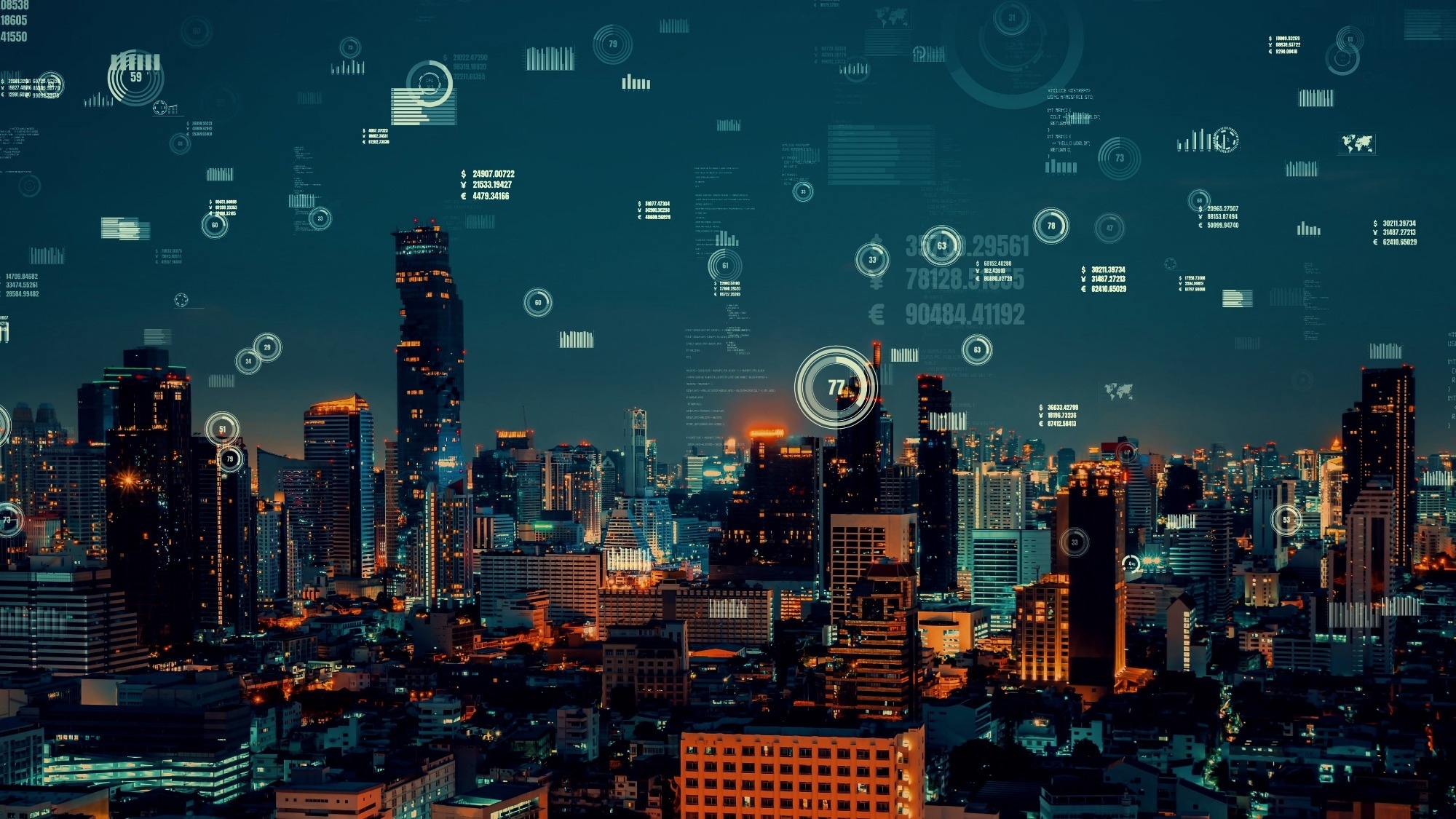Urban planning is becoming increasingly complex, with professionals continuously seeking innovative approaches to improve cities' quality of life. The emergence of artificial intelligence (AI) offers a promising opportunity to augment our understanding of urban systems and anticipate future challenges. An article published in the journal Urban Science explores the integration of AI into urban planning and the potential benefits it offers in terms of data analysis, information accessibility, system integration, and decision-making processes. By strategically embracing AI tools, planners can enhance their ability to shape the cities of tomorrow.
The evolution of urban planning and AI
The integration of AI into urban planning began in the 1960s, but limitations in data availability and computing capabilities hindered its widespread adoption. However, recent advancements in AI techniques and the abundance of urban data have reignited interest in leveraging AI for planning purposes. While discussions today often focus on smart city technologies, it is important to emphasize their application in urban planning and decision-making activities. From scenario planning to generative designs, AI has the potential to revolutionize the planning profession by enabling planners to analyze vast amounts of data, generate valuable insights, and make informed decisions.
 Study: Revolutionizing Urban Planning with Artificial Intelligence: Opportunities and Challenges. Image Credit: Blue Planet Studio /Shutterstock
Study: Revolutionizing Urban Planning with Artificial Intelligence: Opportunities and Challenges. Image Credit: Blue Planet Studio /Shutterstock
Challenges and considerations
To effectively embrace AI in urban planning, several challenges must be addressed. Eliciting expert knowledge from diverse domains, including quality of life, design, engineering, health, and law is crucial for comprehensive decision-making. The planning profession must foster collaboration with technical experts in computer science and information technologies to navigate the complexities of urban processes and AI systems. Balancing technical expertise with political landscapes and facilitating inclusive decision-making are also essential for successful AI adoption in planning practice. Moreover, transparency, explainability, and addressing biases in AI-generated outputs are critical considerations for maintaining public trust.
The role of AI in future cities
As cities continue to grow and face diverse challenges, AI will play a pivotal role in sustainable development. AI can assist planners in optimizing urban systems, improving resource allocation, and enhancing urban sustainability. By analyzing vast amounts of urban data, AI can provide planners with valuable insights and predictions, enabling them to address complex urban challenges effectively. For example, AI can help optimize transportation networks, energy usage, and infrastructure planning. It can also assist in predicting and managing urban growth, identifying patterns, and improving citizen engagement. Additionally, AI can support sustainable design practices, reduce environmental impacts, and enhance social equity considerations. These capabilities empower planners to make more informed decisions and create resilient, sustainable, and equitable cities.
Gradual adoption and integration of AI
The adoption of AI in urban planning is expected to occur gradually, similar to the progression of geographic information systems (GIS). Over time, GIS technology has transformed planning practices with minimal disruptive impacts. AI tools are already integrated into various software, and future AI applications for planners will likely be layered onto existing platforms. However, planners must understand the underlying assumptions and communicate the reliability of AI-generated results to build trust with stakeholders. New training and educational efforts will be necessary to ensure that planners can adapt to these changes and leverage the full potential of AI technologies.
Opportunities and impacts of AI on urban planning
The potential benefits of AI in urban planning are significant. By leveraging AI, planners can gain valuable insights and predictions that facilitate evidence-based decision-making. AI can assist in addressing complex urban challenges by optimizing urban systems, predicting future scenarios, and evaluating the impacts of different planning interventions. It can also enable planners to consider diverse factors, such as sustainability, social equity, and citizen preferences while designing cities and making policy decisions. Furthermore, AI can support planners in optimizing resource allocation, improving transportation networks, managing urban growth, and enhancing citizen engagement. These capabilities empower planners to create more efficient, sustainable, and equitable cities.
Addressing challenges and considerations
While the integration of AI in urban planning offers numerous opportunities, it also presents challenges that need to be addressed. Planners must develop the necessary skills and expertise to use AI tools effectively. This includes understanding AI-related terminology, learning software packages, programming languages, and advanced statistical methods. Additionally, planners must grapple with data-related challenges, such as data quality, volume, and management. They must combine data from various sources, ensuring accuracy, completeness, and compliance with data protection regulations. Transparency and explainability are vital for maintaining public trust, and planners must be open about the use of AI and provide clear information about the outputs and justifications of AI systems. Addressing biases in AI systems is also crucial to avoid perpetuating discriminatory practices.
Conclusions
Integrating AI into urban planning signifies a paradigm shift in the profession. By leveraging AI tools strategically, urban planners can enhance their decision-making processes and shape more efficient, sustainable, and equitable cities. However, successful AI adoption requires a comprehensive understanding of expertise in planning and addressing challenges related to inclusiveness, transparency, and ethical use of AI. With collaboration, innovation, and a thoughtful approach, planners can harness the power of AI to create cities that meet the needs of their residents while addressing complex urban challenges. By embracing AI, we can pave the way for smarter, more sustainable, and equitable cities in the future.